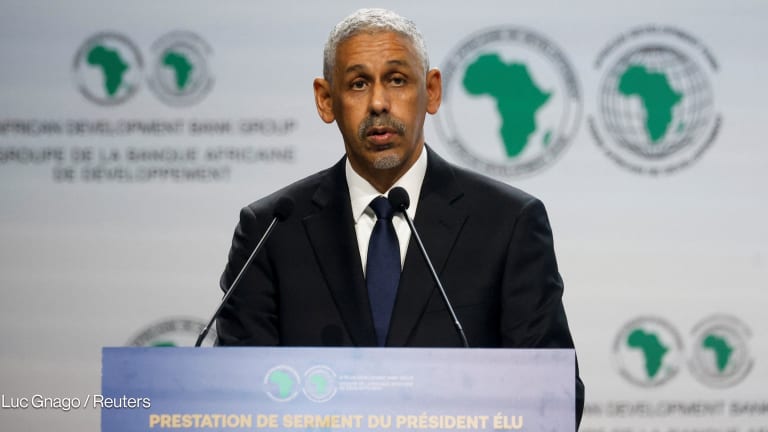Train in Port Louis, Mauritius. Through 2018, AfDB will be supporting Mauritius’ goal of transitioning to high-income status and will be focusing support on infrastructure and public-private partnership development. Photo by: Sébastien Amiet /CC BY
Since gaining its independence from the United Kingdom in 1968, Mauritius has made remarkable strides in improving its political, economic and social situation. From a low-income country, it has successfully moved up to upper-middle-income status.
Economic growth has slowed in recent years, however, mainly because its small and isolated market depended largely on trade with the European Union and India; the weak economic climate in the EU led to reduced imports from the small island nation. The education and skills mismatch has resulted in higher unemployment levels as well.
This story is forDevex Promembers
Unlock this story now with a 15-day free trial of Devex Pro.
With a Devex Pro subscription you'll get access to deeper analysis and exclusive insights from our reporters and analysts.
Start my free trialRequest a group subscription







